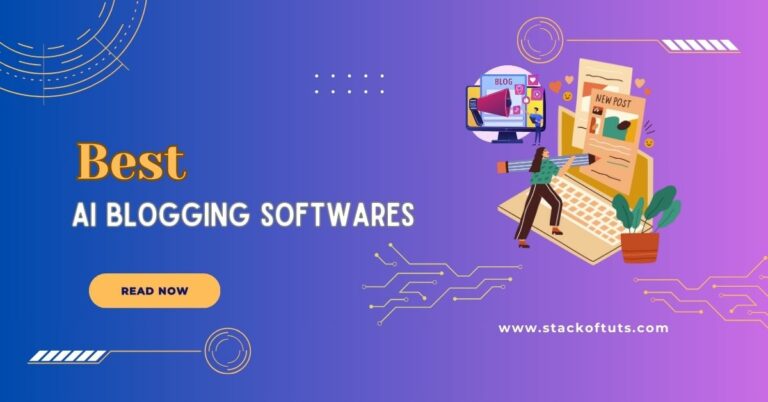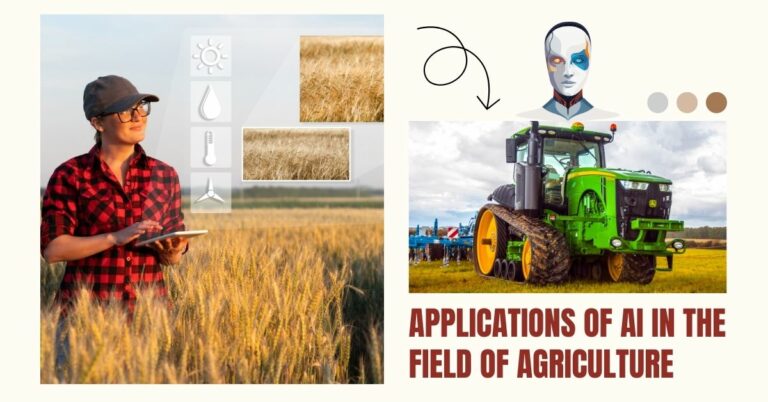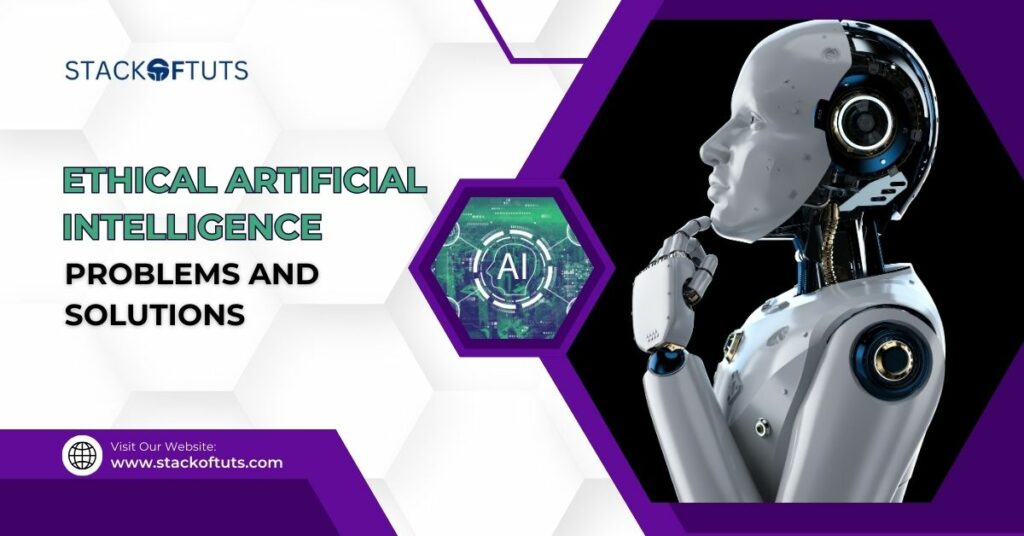
Artificial intelligence education’s ethical problems and solutions have become a pivotal focal point in our ever-progressing digital landscape. As AI reshapes various domains, education is no exception, and understanding the interplay between artificial intelligence education and ethical problems and solutions becomes indispensable.
Before we dissect these intricate challenges and potential remedies, let’s lay the groundwork for AI’s essence and its influence on learning.
What is AI?
At its core, artificial intelligence, commonly denoted as AI, embodies the capability of machines to emulate cognitive human actions. These actions span learning (grasping data and its utilization rules), reasoning (leveraging these rules to conclude), and refining their processes. AI-enabled devices are adept at executing tasks traditionally associated with human intellect.
What entails AI education?
Delving into AI education summarizes the journey of imbibing knowledge related to AI’s foundational principles, techniques, and real-world applications. This journey can range from grasping fundamental AI algorithms to delving deep into sophisticated realms like machine learning. While AI education paves the path for aspiring AI aficionados, it equally enlightens a wider audience about AI’s multifaceted implications across diverse audiences.
Why is AI education important?
- Charting Tomorrow: A thorough knowledge of AI’s processes will be essential in a future where it gradually governs all aspects of life. With this information, people can maneuver with competence in a future where AI breakthroughs are pervasive.
- Decisions Grounded on Insight: A thorough understanding of AI allows people to make decisions that resonate with both its vast promise and inherent difficulties.
- Lighting Change: A knowledgeable community is at the forefront of utilizing AI, opening the path for game-changing solutions and improving our way of life as a whole.
Can artificial intelligence cause problems in education?
Indeed, the integration of AI into educational platforms and tools can pose several ethical challenges. Below are some of these problems and their proposed solutions.
Data privacy and security
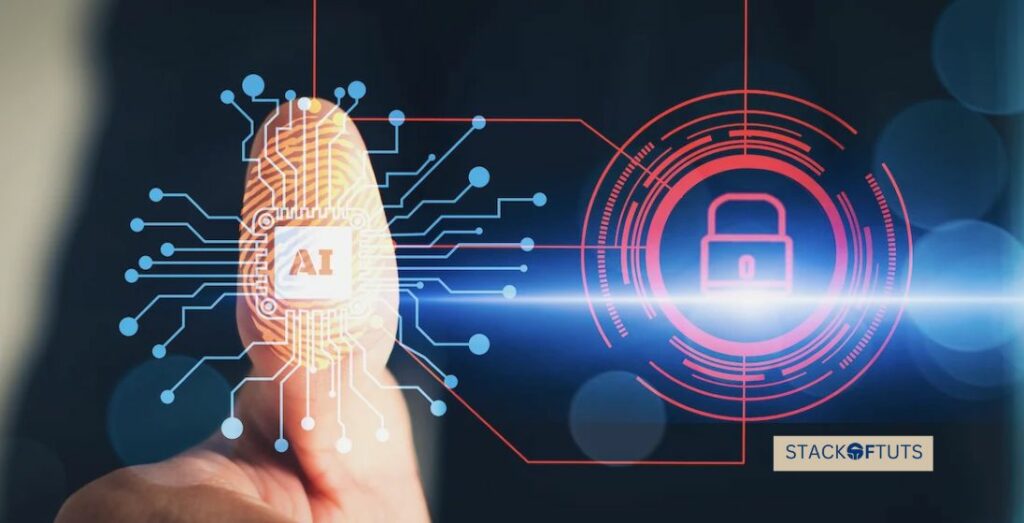
Problem: As AI systems in education often require vast amounts of data to function optimally, there are concerns about the security and privacy of students’ personal information.
Solution: One of the primary ethical problems in artificial intelligence education and solutions in this realm is to establish strict data protection regulations, ensuring AI systems do not misuse or mishandle student data. Ensuring end-to-end encryption and regularly updating security protocols can safeguard sensitive information.
Bias and inequity
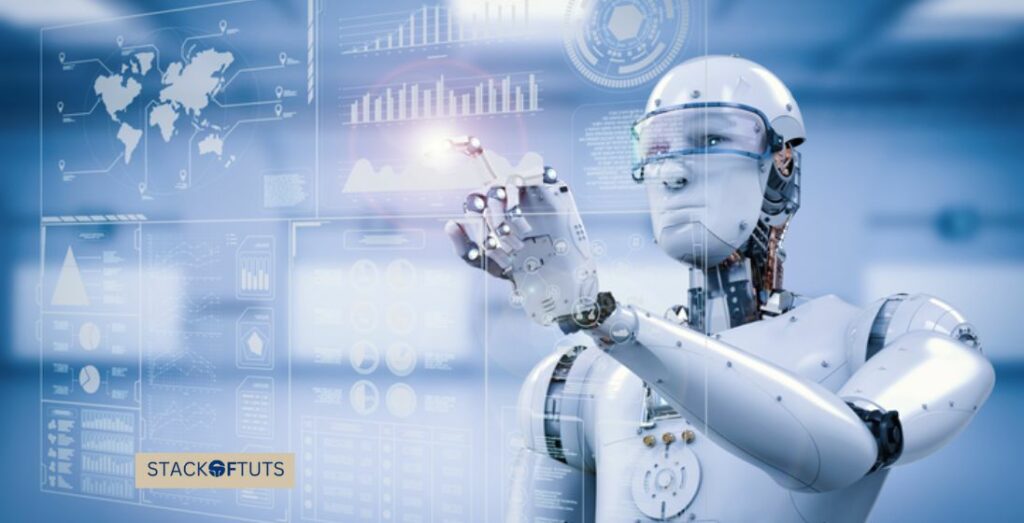
Problem: AI systems are only as good as the data they’re trained on. If this data contains biases, the AI can perpetuate and even amplify those biases, leading to unfair or discriminatory outcomes.
Solution: An essential solution involves curating diverse and representative training datasets. Regularly auditing AI algorithms to detect and rectify biases ensures equitable outcomes for all students.
Over-reliance on technology
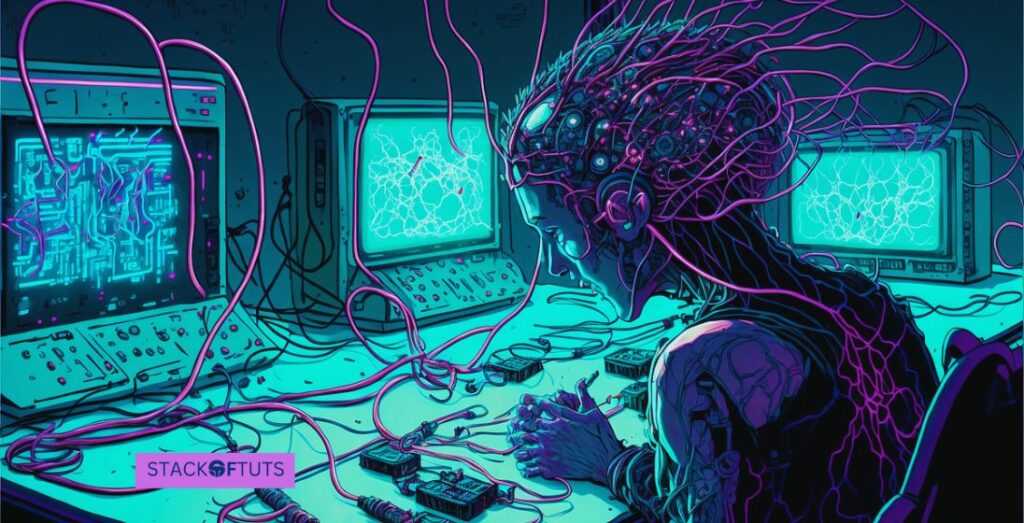
Problem: There’s a fear that an excessive dependency on AI-driven educational tools could hamper the critical thinking and problem-solving abilities of students.
Solution: It’s crucial to maintain a balanced approach, integrating AI tools as supplementary resources rather than complete replacements for traditional learning methods.
The Teacher’s Role
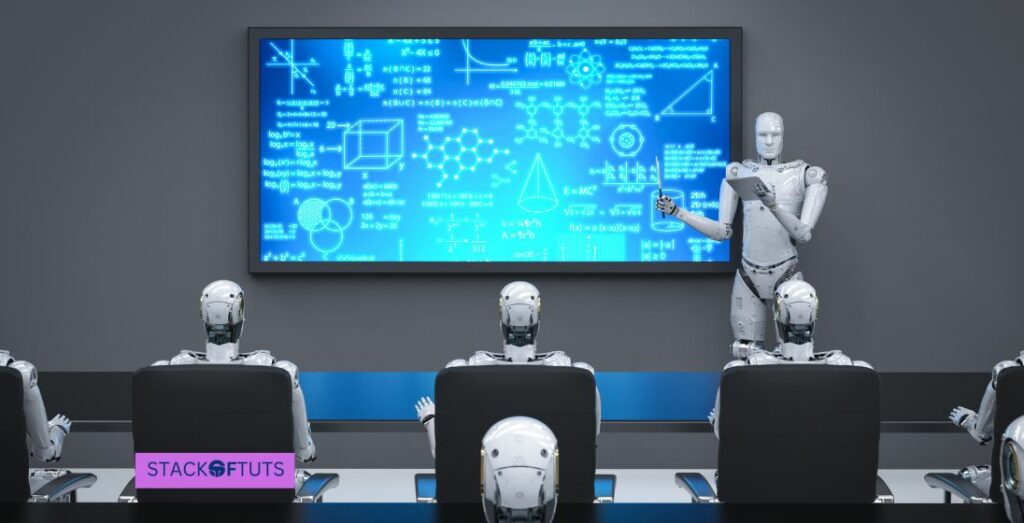
Problem: With AI-powered tutors and platforms on the rise, there’s a concern about the diminishing role or even potential replacement of human educators.
Solution: Emphasizing the irreplaceable aspects of human teachers—such as emotional intelligence, empathy, and mentorship—can ensure that AI in education complements rather than replaces them. Continuous training can also help teachers leverage AI tools effectively.
Accessibility and affordability

Problem: High-end AI-driven educational tools might be expensive and inaccessible to underprivileged students, widening the education gap.
Solution: A pivotal aspect of artificial intelligence education’s ethical problems and solutions is ensuring inclusivity. Governments and institutions can subsidize AI educational tools or develop affordable alternatives, ensuring all students benefit from this technology.
FAQs
AI in education involves using artificial intelligence technologies to enhance learning and teaching. It offers personalized learning experiences and efficient classroom management.
Ethical concerns arise from data privacy issues, potential biases in AI algorithms, and over-reliance on AI tools.
Institutions can use diverse datasets for training and continuously monitor and refine AI algorithms for biases.
While no universal guidelines exist, many organizations are working on best practices for ethical AI in education.
Conclusion
While AI offers revolutionary possibilities in the realm of education, it’s vital to address the accompanying ethical concerns. By actively acknowledging and finding solutions to these artificial intelligence education ethical problems and solutions, we can pave the way for an educational environment that is inclusive, fair, and primed for the future.
Thanks!

